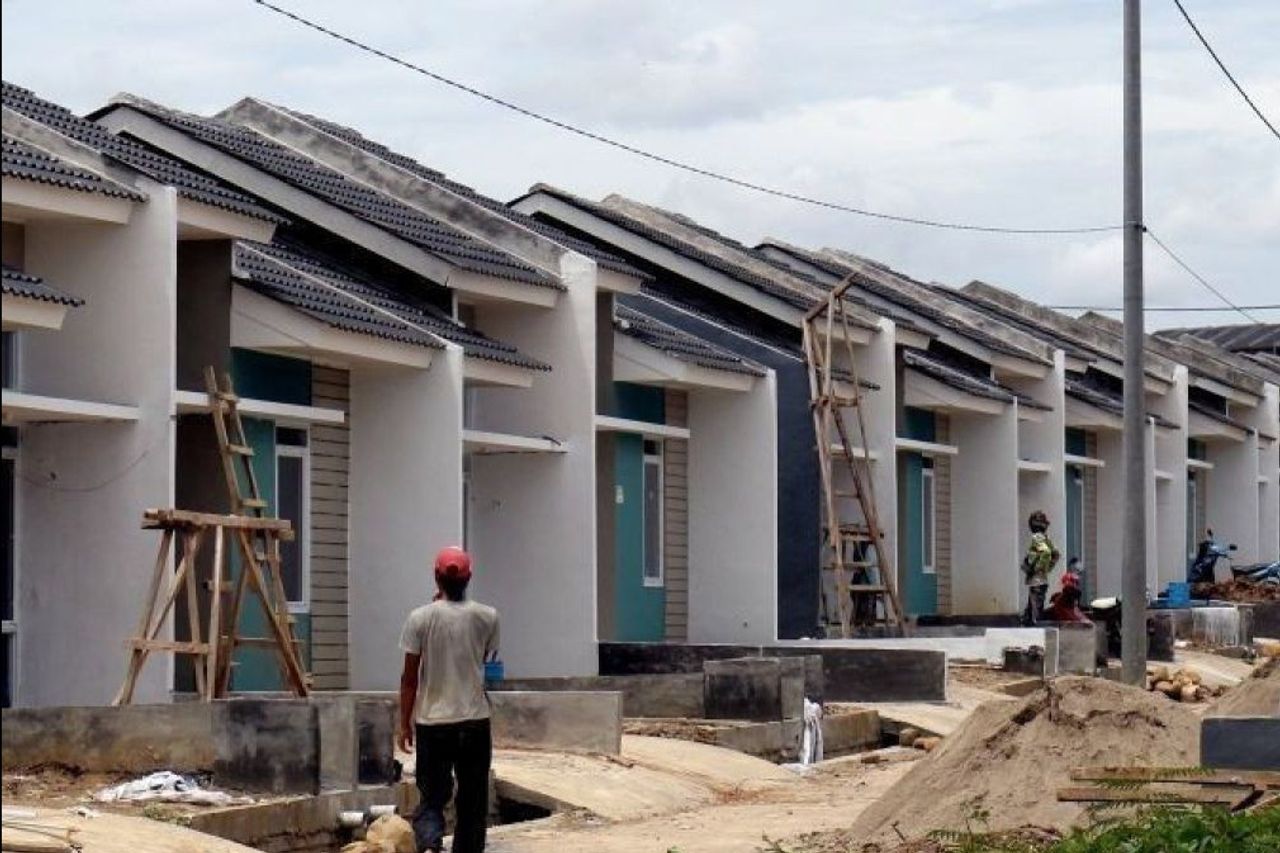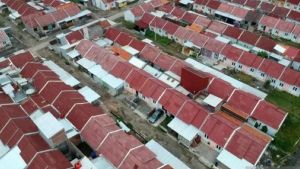Economist Says Tapera Mechanism and Management Must Be Clear

JAKARTA - Senior Analyst of the Indonesia Strategic and Economic Action Institution, Ronny P Sasmita, assessed that the government policy contained in Government Regulation (PP) Number 21 of 2024 concerning the People's Housing Savings (Tapera) program is appropriate if implemented in accordance with its purpose as a fundraising for participant housing financing.
On the other hand, he said that the Tapera program would be appropriate if we look at similar programs in several neighboring countries that have proven successful in improving the welfare of their workers through housing financing.
"Actually, substantially, the Tapera policy is good, if the benchmark is the Central Provident Fund (CPF) in Singapore," he explained to VOI, Friday, May 31.
According to him, the homeownership rate in Singapore has proven to be among the highest in the world. However, this case is not comparable, because Singapore's population is very small and its per capita income is among the highest in the world.
"So it's not that easy to look at the Singapore-style CPF, because the average income of our workers is very low, just enough to live a decent life," he said.
Therefore, Ronny suggested the government to consider and study it in depth and the scheme must be adjusted to the situation. In addition, the policy should be like a hajj savings only applicable to those who want to go on the hajj.
In addition, Ronny said that from the side of the management funds, it must be studied clearly and in depth, such as how the mechanism is and where the funds are used.
SEE ALSO:
"So Tapera must be audited and its performance evaluated first. Maybe because Tapera's financial condition is bad, it needs new sources of funds," he said.
According to Ronny, the public's assumption regarding Tapera's managed funds that will be used for free lunch and milk programs for the community cannot be immediately confirmed. However, if this is done, the applicable mechanism is only the purchase of government bonds or government securities by Tapera.
"Even if it is to be done, the mechanism is via the purchase of government bonds or government securities by Tapera. So fiscally, the free lunch program will be financed using debt, the yield and principal will be borne by the State Budget for years to come," he concluded.


